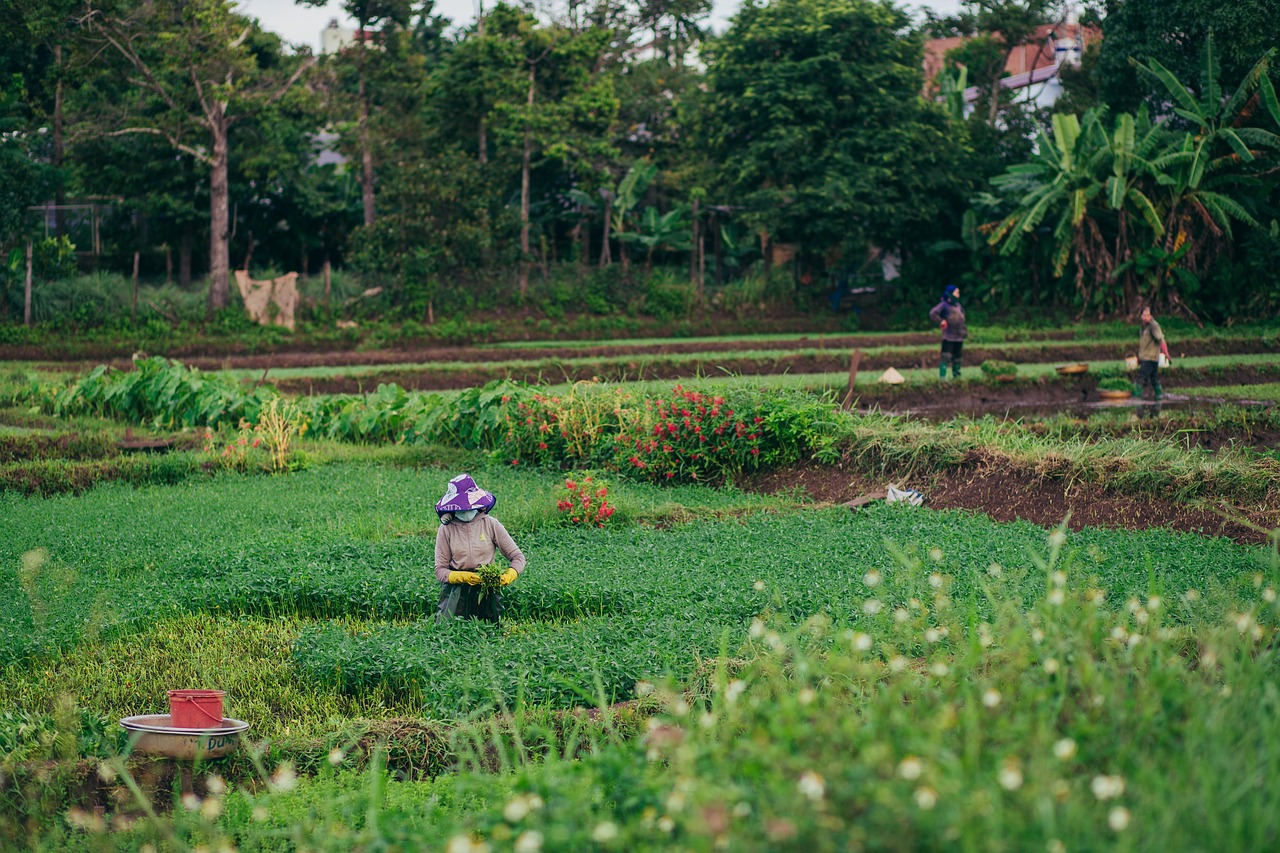Competition Law in India’s Traditional Goods and Agriculture

Introduction
India’s economy is intrinsically linked to its traditional sectors such as handicrafts, spices, and pulses—industries that reflect the country’s rich cultural heritage and artisanal legacy. However, with the rapid pace of globalisation and rising competition these sectors face mounting challenges in maintaining their relevance and competitiveness. In this context, regulatory frameworks like the Competition Act, 2002 play a vital role in safeguarding these industries by promoting fair competition and curbing anti-competitive practices.
Table of Contents
What is Competition Law?
Competition law in India is governed by the Competition Act, 2002, which replaced the earlier Monopolies and Restrictive Trade Practices Act, 1969. The Act is enforced by the Competition Commission of India (CCI), a statutory body established to uphold and promote fair competition in the market.
The main goals of the Competition Act are:
- To prevent anti-competitive agreements.
- To prohibit abuse of dominant market position.
- To regulate combinations (mergers/acquisitions) that can harm competition.
- To promote and sustain competition in markets.
- To protect the interests of consumers.
Importance of Traditional Goods and Agriculture in India
India’s rural economy largely depends on agriculture and handmade traditional goods like:
- Khadi
- Handloom and handicrafts
- Spices
- Indigenous food grains
- Ayurvedic products
According to the Ministry of Agriculture and Farmers’ Welfare, over 54% of India’s workforce is engaged in agricultural activities. Similarly, data from the Ministry of Textiles reveals that more than 4.5 million artisans rely on traditional handlooms and handicrafts for their livelihoods. Despite their cultural and economic significance, these sectors remain highly fragmented, unorganised, and dominated by small-scale producers, leaving them particularly vulnerable to market distortions, exploitation, and unfair trade practices.
Why Competition Law Matters for These Sectors
1. Preventing Exploitation by Middlemen:
- Farmers and artisans often rely on middlemen to sell their products. In some cases, these middlemen form cartels or use unfair pricing tactics, leaving the actual producer with minimal profit.
- CCI has taken several initiatives to monitor such behaviour. For example: CCI issued notices in agricultural commodity markets where price manipulation was suspected.
- Studies by CCI show that a lack of market access and information leads to unfair prices for farmers.
2. Addressing Abuse of Dominance
Sometimes, large buyers or corporations dominate procurement markets, especially for crops like cotton, pulses, and spices. This dominance can result in:
- Forcing lower prices on farmers.
- Delayed payments. Dependency of small producers on a single buyer.
- Under Section 4 of the Competition Act, abuse of dominance is prohibited. If a dominant company exploits its position, CCI can step in and penalize it.
Case Studies from Government Sources
- Spices Board Monitoring: The Spices Board under the Ministry of Commerce observed issues of price manipulation in the turmeric and red chilli markets. CCI reviewed these complaints and found collusion among traders, recommending better e-market linkages for farmers.
- Cotton Procurement: In certain cotton-producing states, major mills were accused of unfairly lowering procurement prices and exploiting farmers. Based on farmer complaints, CCI ordered an investigation and emphasized transparent auction mechanisms.
- Online Marketplaces & Handicrafts: With the rise of platforms like Amazon and Flipkart, traditional artisans have gained wider reach. But complaints were raised about:
- Preferential treatment for certain sellers.
- High commissions.
- Copying of indigenous designs by big brands.
CCI in 2020 began examining the role of digital marketplaces, ensuring a level playing field for small sellers.
Government Schemes Complementing Competition Law
To ensure fair competition, the government has introduced several schemes:
- e-NAM (National Agriculture Market)[1]: Launched by the Ministry of Agriculture, this platform connects over 1,000 Mandis (marketplaces) online. It reduces the role of middlemen and promotes competitive bidding for farmers’ produce.
- One District One Product (ODOP): Under Atmanirbhar Bharat Abhiyan, ODOP aims to promote one traditional product per district. By strengthening branding and market access, the scheme helps artisans compete better.
- PM-FME Scheme[2] : The Pradhan Mantri Formalisation of Micro Food Processing Enterprises scheme supports small food processors, with a focus on traditional foods. It helps them meet quality standards and market demands—enabling fairer competition.
Challenges Faced in Enforcing Competition Law
Despite strong laws, implementation in rural and traditional sectors faces challenges:
1. Lack of Awareness: Most farmers and artisans are not aware of their rights under competition law. They often accept exploitative practices as routine.
2. Informal Markets: Many transactions happen in cash and informal settings, making it difficult to monitor or report violations.
3. Legal and Bureaucratic Delays: Investigations by CCI take time. For perishable products like vegetables and flowers, quick resolution is essential.
Steps Taken by the CCI and Government[3]
- CCI has launched competition advocacy programs targeting farmer-producer organizations (FPOs) and rural cooperatives.
- The government is integrating technology (e.g., e-Marketplaces, Agri-Stack) to bring transparency.
- Emphasis is being laid on data collection and market intelligence to detect anti-competitive behaviour.
The Way Forward
To improve the effectiveness of competition law in traditional goods and agriculture, the following steps are needed:
- Strengthen Local Institutions: District-level awareness campaigns by the CCI, supported by Krishi Vigyan Kendra’s (KVKs), can educate farmers and artisans.
- Faster Redressal Systems: Special fast-track channels within the CCI for agriculture and small-scale sectors can be created for timely action.
- Support for Collectives: Encouraging FPOs and cooperatives can improve bargaining power and reduce dependency on middlemen.
- Use of Technology: Promoting digital literacy and expanding blockchain or AI-based pricing platforms can help track and report unfair trade practices.
By entering the email address you agree to our Privacy Policy.